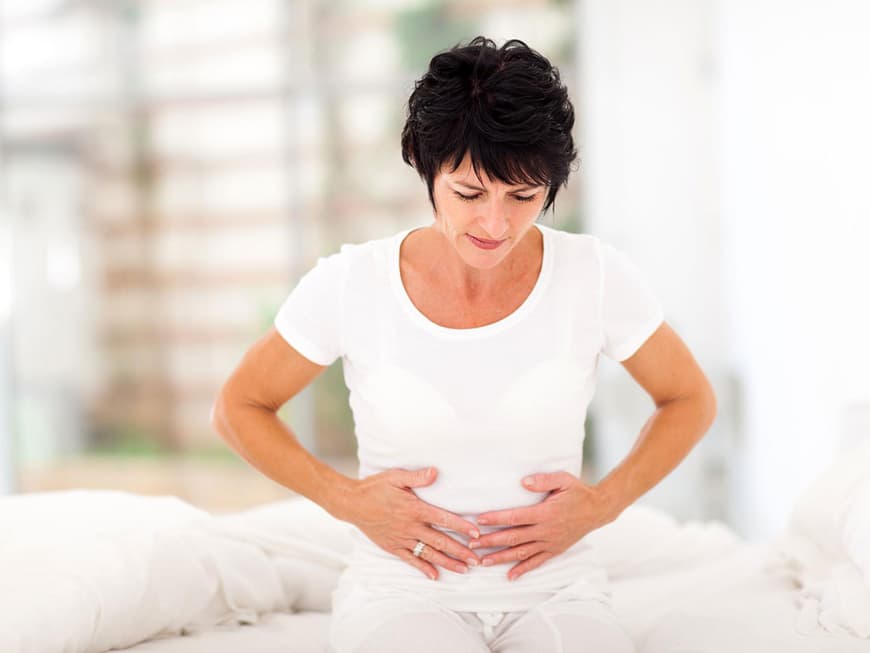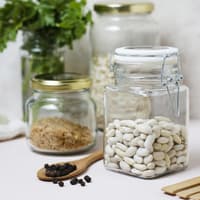
Gastritis: what is it?
Gastritis occurs when the protective lining of the stomach wall is damaged or too much stomach acid has been produced. The corrosive stomach acid then comes into direct contact with the stomach lining and damages the mucosal cells.
Causes and triggers
The stomach bacterium "Helicobacter pylori" is the most common cause of gastritis. This infection is the second most common infectious disease after tooth decay - around 33 million Germans live unsuspectingly with this nasty lodger. The bacterium often settles in the stomach during childhood and is transmitted from person to person. It is treated with antibiotics.
Other causes of gastritis: too much alcohol or nicotine, medication such as ASA, anti-inflammatory drugs or serious illnesses. Bacteria, viruses or fungi can also trigger acute gastritis. Not to be neglected: stress and psychological strain.
Symptoms of gastritis
The symptoms of gastritis are stomach pain, nausea, vomiting and loss of appetite. Chronic gastritis often goes unrecognized because it does not show any particular symptoms: Abdominal pain, belching, bloating and a feeling of fullness after meals are also experienced when you have simply eaten too much or too quickly. It is therefore better to see a doctor if you have these symptoms, just to be on the safe side.
Home remedies for gastritis
If the inflammation is treated early enough, the chances of recovery are good. First and foremost, it is important to reduce excess stomach acid and soothe the irritated mucous membranes: Simply switch to chamomile tea and light foods such as porridge and rusks for a few days. A hot water bottle will also relieve stomach pain and taking more breaks in everyday life will reduce stress.
Antibiotics eliminate the dangerous stomach germs
For severe symptoms, temporary medication such as over-the-counter antacids or prescription proton pump inhibitors can be used. They neutralize excess stomach acid or prevent too much acid from forming. If you take painkillers such as acetylsalicylic acid (ASA), ibuprofen or naproxen on a permanent basis, you should ask your doctor about alternative active ingredients or stomach-friendly dosage forms (ointments, suppositories). If none of this helps, an infection with the Helicobacter pylori bacteria is often the cause. The bacterium can lead to a stomach ulcer and, in rare cases, to a tumor. If a special breath test detects the stomach germ, it can be eliminated with a combination of two different antibiotics and acid inhibitors.






